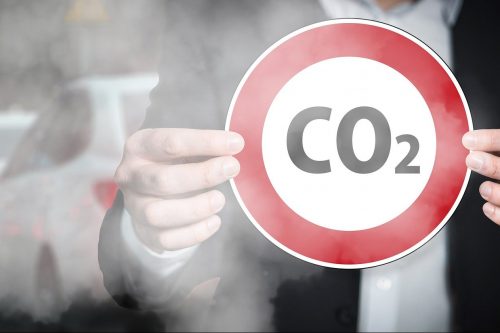Small business champion welcomes call for ‘non-charging’ Clean Air Zone

Small businesses have welcomed calls by Greater Manchester Mayor, Andy Burnham, to replace the Government’s Clean Air Zone (CAZ) programme with a non-charging equivalent.
In a letter to Prime Minister Boris Johnson, he suggested that cameras, meant to crack down on non-compliant vehicles, could be used, instead, to signpost drivers to financial support to upgrade, or renew their transport, although he accepts this would require more funding.
He says once overall compliance is achieved, the cameras could then be used by the Police.
Mayor Burnham wrote: “We are of the clear view that any new scheme should be based on incentives for individuals and businesses to change vehicles rather than a charging penalty regime.
“But, to succeed, this will require your government to agree to the extra financial investment needed to enable vehicle upgrades to happen without the owners incurring unacceptable costs.”
Today, the Federation of Small Businesses (FSB) welcomed the Mayor’s call.
FSB development manager for Greater Manchester, Robert Downes, said: “This is what businesses have wanted to hear for a very long time: A clear commitment to a non-charging clean air zone model, or in the event of charging scheme being imposed a demand for ‘full financial support’ from government to help businesses upgrade their vehicles – or it doesn’t happen. This is only right and fair.”
He said: “We look forward to seeing a swift response from the Government which will give many businesses the certainty they need to plan for the future, in very troubling and increasingly expensive times.”
And he added: “The underlying message in the mayor’s and council leaders’ statement is that there is a better way to achieve legal levels of NoX in our city region, without resorting to regressive taxation that hit those least able to pay the hardest.
“This has long been FSB’s position, so this is refreshing to see now being taken seriously. The statement also suggests there is new pollution data which has driven this fresh approach to compliance. This should be published to help everyone understand exactly what the picture is across GM.”
He said there has been considerable anger among the businesses community about the way the whole CAZ subject has been communicated, and there still seems to be a difference of messaging from GM and from government: “The blame game at this point is irrelevant to most businesses, but as a substantial sum of tax payers’ money has been spent on this project, there are calls for an inquiry to understand why these sums have been committed, and to learn from mistakes made. Many of our members would agree.”
A government-backed plan to charge polluting vehicles was due to begin on May 30, but, with government approval, was withdrawn last month on the grounds of being unworkable due to the financial impact on residents and concerns over availability of less polluting vehicles.
A new government direction now requires Greater Manchester’s 10 local authorities to bring nitrogen dioxide on local roads to within legal limits as soon as possible and by no later than 2026. They have until July 1, 2022, to work with government to develop a new plan that will clean up the region’s air while protecting livelihoods.







